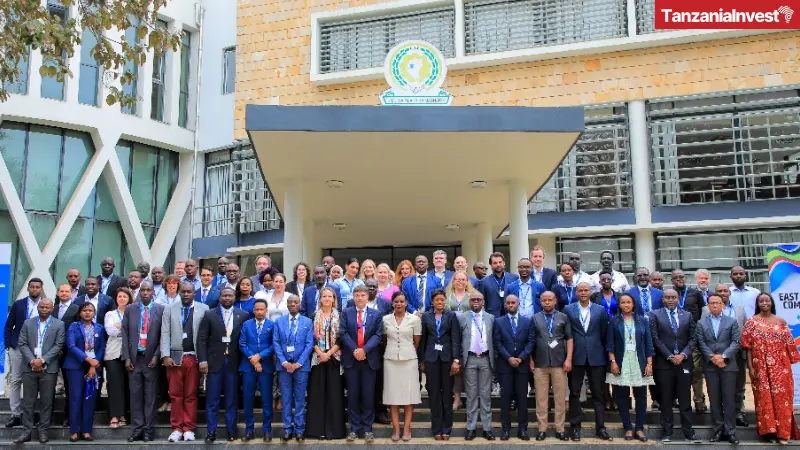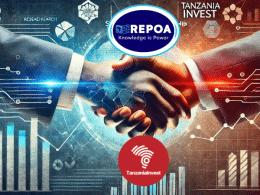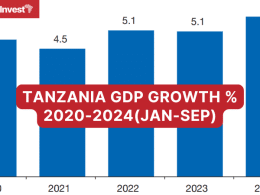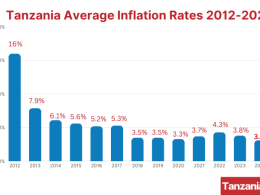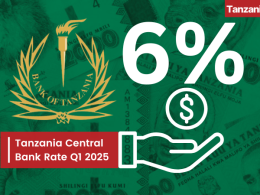On 30th September 2024, the East African Community (EAC) and the European Union (EU) officially launched the EU-EAC Regional Co-creation Workshop on Digital Transformation in Arusha.
The two-day workshop aimed to review progress on digital development collaboration, to support the formulation of the Safe Digital Boost for Africa (SDBA) initiative which is expected to support the EAC in implementing the Digital Transformation Strategy, and to launch the appraisal process for a digital economy package tailored to East Africa.
The workshop facilitated by the Digital for Development (D4D) Hub, brought together delegates from all EAC Partner States, representatives from the Ministries of ICT and Cybersecurity Agencies, Ministries of Trade, Central Banks, e-Government Agencies, and the EAC Secretariat.
The event included participants from the EU Delegation and member states with their development agencies, such as GIZ, MFA/EstDev, and MFA/Expertise France.
During the launch, the EAC Deputy Secretary General in charge of Customs, Trade and Monetary Affairs Annette Ssemuwemba highlighted: “This project is not just about technology but the future success of our entire region. It represents a strategic move towards creating an interoperable regional digital market that will drive innovation, economic growth, and inclusive development. By fostering digital trade and integrating technology into key sectors such as e-commerce, data governance, and cybersecurity, we aim to transform lives across East Africa and create a competitive edge for our region in the global economy.”
On his part, the EU Head of Cooperation Marc Stalmans emphasized: “Today’s event follows last year’s EU-EAC Regional Conference on Digital Transformation, which launched our joint efforts toward an inclusive, human-centric digital transformation. The discussions led to a Digital Roadmap with key milestones, shaping the Safe Digital Boost for Africa initiative, a program we are proud to finance that will support digital economy activities in areas such as e-commerce, e-payments, e-governance, and cybersecurity.”
D4D Hub Deputy Coordinator for Africa, Hussein Jaffar emphasized the role of the D4D Hub as a platform to identify synergies and support the co-creation of joint European initiatives based on extensive bilateral and multilateral cooperation experience between Africa and the EU.
“Coordinated and simultaneous action in key areas of digital transformation is crucial in a dynamic region with a fast growth in digitalization,” said Jaffar.
EAC and EU’s Global Gateway Strategy
The EAC is a regional inter-governmental organization of eight Partner States: the Republics of Burundi, Kenya, Rwanda, South Sudan, Uganda and the Democratic Republic of Congo (RDC), the Federal Republic of Somalia, and the United Republic of Tanzania.
The EU’s Global Gateway is a strategy to enhance smart, clean, and secure links in digital, energy, and transport sectors, with projects in Tanzania supporting development across these areas.
Between 2021 and 2027, Team Europe—the EU, the European Investment Bank (EIB), and the European Bank for Reconstruction and Development (EBRD)—will mobilize up to EUR 300 billion in investments for sustainable and high-quality projects.
The inaugural milestone of the Global Gateway was the Africa-Europe Investment Package with approximately EUR 150 billion of investment dedicated to bolstering cooperation with African partners.
Under this strategy, initiatives like Digital4Tanzania provide budget support to improve Tanzania’s digital economy by expanding access to digital services and fostering innovation ecosystems.
In addition, the Global Gateway focuses on green investments, urban development, and energy through initiatives like the Tanzania Energy Sector Reform Programme which aims to preserve the climate, promote urban resilience by strengthening (e-)governance, and increase energy production.
Furthermore, the strategy emphasizes gender equality and economic growth through its Gender Transformative Change Programme seeking to raise awareness of gender-based violence, empower women economically, and promote access to finance and fiscal governance reforms.





